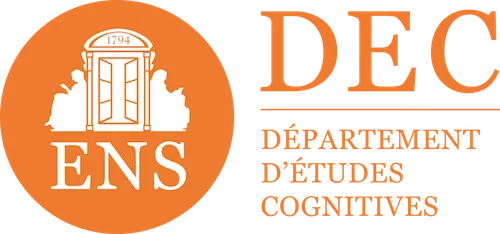

What is reskilling and what are the challenges in training?
Faced with a constantly changing professional environment, businesses must adapt quickly to the new skills needed to remain competitive. Talent management then becomes a strategic issue for each company, as skills needs change rapidly from one job to another, impacting job stability. It is in this context that reskilling and upskilling become crucial levers to guarantee the future of work within a company.
But what exactly is reskilling? What are the challenges it poses in terms of work and training? And how do solutions like Didask's help meet these challenges?
What is reskilling?
Reskilling, or “requalification”, refers to all training actions aimed at allowing employees to acquire new skills that are often very different from those they had until then. Contrary to theUpskilling, which consists in deepening or expanding existing skills, or at Cross-Skilling which is used to extend transversal skills, reskilling makes it possible to meet the transformation needs of professions. It is particularly relevant in sectors affected by automation, digitalization or rapid technological developments.
Reskilling in a context of cultural transformation
Reskilling is often associated with cultural transformation within businesses. Indeed, to succeed in a reskilling program, it is not enough to provide training. There is a need to create a culture of continuous learning, in which employees are encouraged to train regularly to develop new skills. This approach also includes upskilling, which allows you to focus on an existing skill. This is fully in line with a global strategy for employee development and skills management.
The challenges of reskilling in training
Setting up an effective reskilling strategy involves several challenges for companies:
1. Responding to technological developments
With the acceleration of technological change, some skills are becoming obsolete while others are emerging. For example, employees may need training on specific software or training on soft skills in e-learning to adapt to these new tools. Reskilling therefore makes it possible to maintain a competent workforce, capable of meeting the challenges of digital transformation.
2. Improving the employability of employees
One of the main concerns of businesses is to keep their staff employable for the long term. Reskilling offers a direct response to this problem by allowing employees to evolve into new positions within the organization. Whether through a commercial training, managerial training or field training, companies can thus offer diversified career opportunities while ensuring their competitiveness.
3. Reduce the costs associated with external recruitment
Recruiting new talent to fill skills gaps can be expensive and time consuming. Reskilling, on the other hand, makes it possible to train employees who already know the company, its values and its processes internally. It also helps improve talent retention and foster employee engagement.
4. Comply with legal obligations
Some companies are subject to mandatory in-company training or regulatory training because of their sector of activity. In these cases, reskilling can help train employees to meet these requirements, while ensuring that they stay up to date on new practices and regulations.
5. Facilitate the onboarding process and the integration of new employees
Reskilling does not only concern current employees. It can also be applied during onboarding process to train newcomers, preparing them with the specific skills they will need in their new job. This may include training on technical aspects, customer training or even raising awareness of specific tools used internally.
Didask: an innovative solution for reskilling
To meet these challenges, the Didask solution is positioned as a key player in supporting companies in setting up reskilling programs. By focusing on an innovative and personalized educational approach, Didask helps companies train their employees in an effective and engaging way.
An LMS for education and training
Didask offers an education and training LMS, a learning platform that allows you to create tailor-made courses adapted to the needs of each company. Thanks to this tool, companies can design targeted training courses that meet the reskilling requirements of their employees, regardless of the training.
Tailor-made support
Each business is unique and so are its reskilling needs. This is why Didask helps companies create content specific to their needs.
A learner-centered teaching method
Didask pedagogy is based on an approach that places the learner at the heart of their journey. Through interactive modules and regular assessments, employees can progress at their own pace and develop new skills independently. This ensures more effective and sustainable learning, in line with the company's reskilling goals.
Reskilling has become a major challenge for companies wishing to adapt to a constantly changing environment. It is not only about training employees in new skills, but also about implementing a genuine learning and internal transformation strategy. Thanks to solutions like Didask, companies can offer tailor-made, effective and engaging training courses, while ensuring the sustainability and competitiveness of their organization. Didask offers powerful tools to succeed in the reskilling challenge, while also facilitating upskilling for a better balance of skills in the company.
Make an appointment directly with our eLearning experts for a demo or simply more information.
.png)











